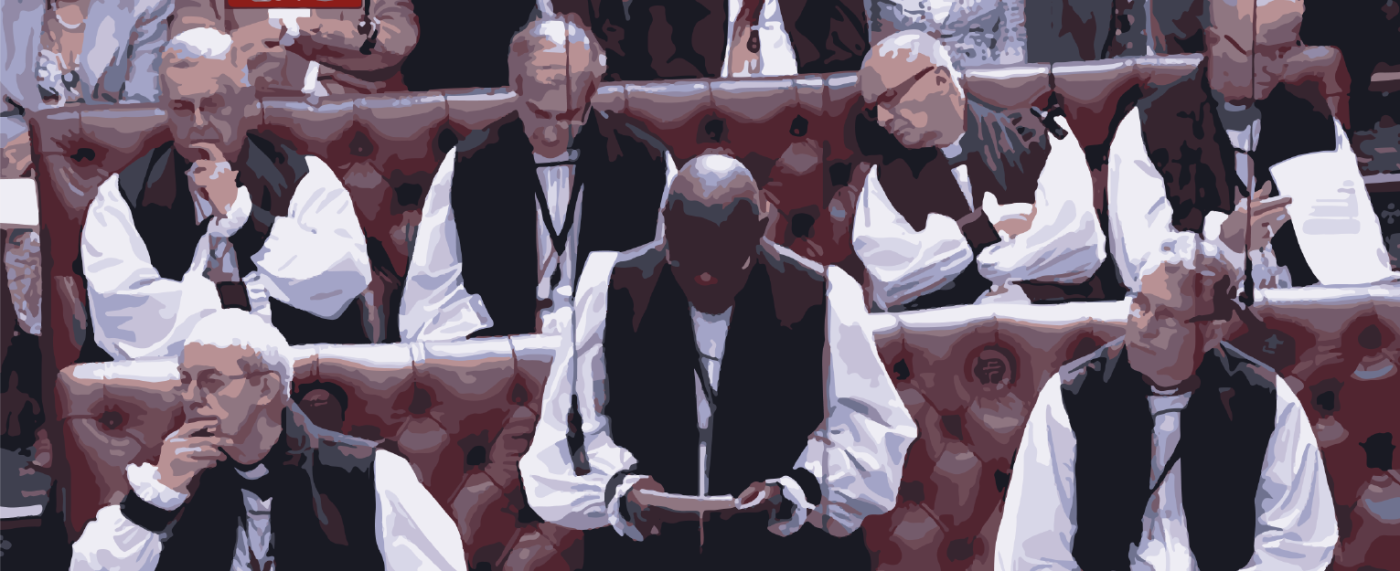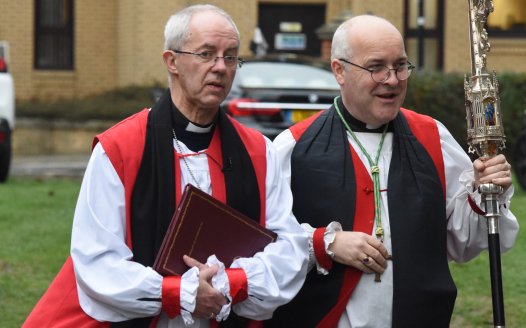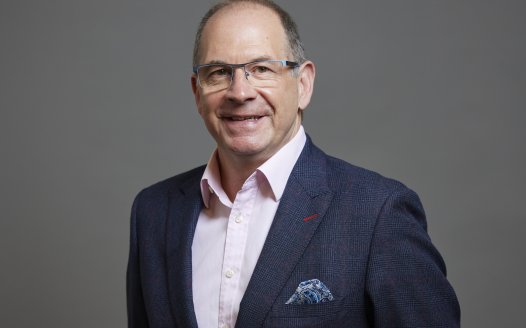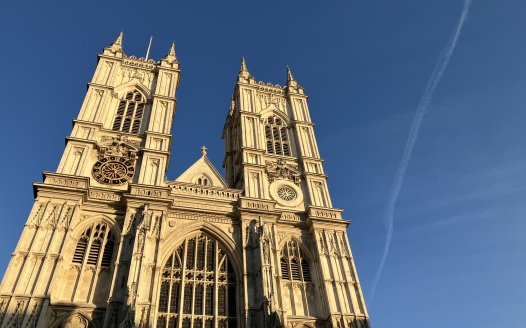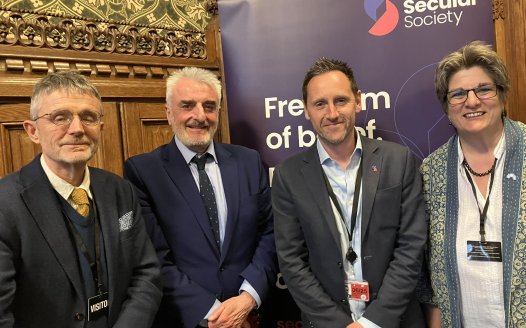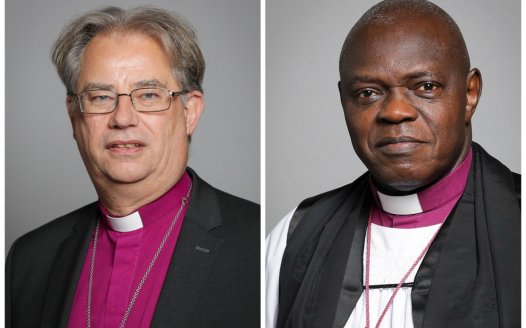The bishops’ bench is an affront to democracy. Let’s scrap it
Posted: Fri, 31st Jan 2020 by Stephen Evans
A new bill proposes to end Church of England bishops' automatic right to sit in parliament. This religious privilege is part of an unjust status quo and should be addressed, says Stephen Evans.
Separation of church and state – the idea that the church should keep out of the state's business, and vice versa – is a prerequisite for religious freedom and has been a key driver of a more peaceful and tolerant world.
Theocracies in which religion is still part of the state are hardly shining examples of democracy and the protection of human rights, and show how important this principle is. But the separation of church and state has never quite been achieved in the United Kingdom.
Despite religious adherence dramatically diminishing and diversifying, an official state religion has been maintained. And the recent proclamation issued by Anglican bishops that sex belongs only within heterosexual marriage is a timely reminder that the privileged status of the Church of England is at odds with the reality of modern life.
Of all the outward manifestations of religious privilege embedded in the UK's civic life, the presence of an unelected bishops' bench in the House of Lords, comprising two archbishops and 24 bishops of the Church of England, is one of the most archaic, unfair and undemocratic.
Iran is the only other country in the world which gives unelected clerics automatic representation in its legislature. Anglican bishops may be liberal minded by comparison, but the influence of the Church of England is not entirely benign – and should not be underestimated.
The C of E's political power has thwarted the UK's ability to evolve into a secular democracy that properly respects all citizens' religious freedoms equally. The continued state funding of church schools has also resulted in the divisive spread of faith schools more generally. Antiquated marriage laws and archaic parliamentary procedures are also the legacy of religious privilege.
So reserving seats for bishops is part of an unjust status quo – and is contrary to the aspiration for a more representative and equitable parliament. This anachronism should be addressed.
A new private member's bill which has been introduced into the House of Lords by Lord Taverne seeks to do just that. If enacted, the House of Lords (Removal of Bishops) Bill would end the automatic right of the bishops to sit in the Lords. The need to reduce the size of and reform the upper chamber is well recognised and removing the bishops' bench is an obvious place to start.
This wouldn't prevent bishops from becoming members of the Lords through other routes, but it would end the medieval and unfair arrangement whereby bishops are handed seats in our legislature solely by virtue of their position in the hierarchy of one particular church.
Defenders of the bishops' position often argue that they bring a "moral authority" to discussions in the legislature, as government peer Lord Young put it in 2018. The rest of the population, it's implied, is not privy to this special insight. Plenty of Britons will surely baulk at that suggestion, particularly in light of continuing revelations over the role of the church's hierarchy in covering up child abuse. And is a church which denies equality to gay people in a position to lecture the rest of us on morality?
There will, inevitably, be those who argue that rather than removing the bishops' bench, we should make room for other religious leaders – and extend the privilege to minority faith groups. The government's own 'minister for faith' made such a suggestion last year. But a multi-faith approach is at odds with the increasing religious indifference in our society. It would further fuel the kind of identity politics and tribalism which are corroding our democracy. It is also unworkable. Extending privileged political representation to other faiths is neither sustainable nor appropriate and should not be countenanced.
At first reading stage, a private members' bill is usually introduced without objection, but when Lord Taverne announced his bill this week, many peers vocalised their dissatisfaction. This isn't surprising. Sittings both the House of Commons and the House of Lords begin with Anglican prayers and it is custom that when a bishop stands up during debates, anyone speaking sits down and allows the bishop to speak. No one else enjoys such primacy.
Such deference to religion has to end. And the British public agrees. Polling suggests that 62% of British people think no religious clerics should have an automatic right to seats in the Lords. Just eight per cent think bishops should retain their seats.
If enacted, Lord Taverne's bill would make the House of Lords more democratic and more reflective of the population of the United Kingdom in the 21st century. Ending the bishops' right to seats in parliament is a tangible step towards a secular state where no one is disadvantaged, nor privileged, because of their beliefs. And that's what we should be aiming for.
Write to your MP: Scrap the bishops' bench
Help us raise awareness of this by writing to your MP and call on them to support our campaign to scrap the bishops' bench

